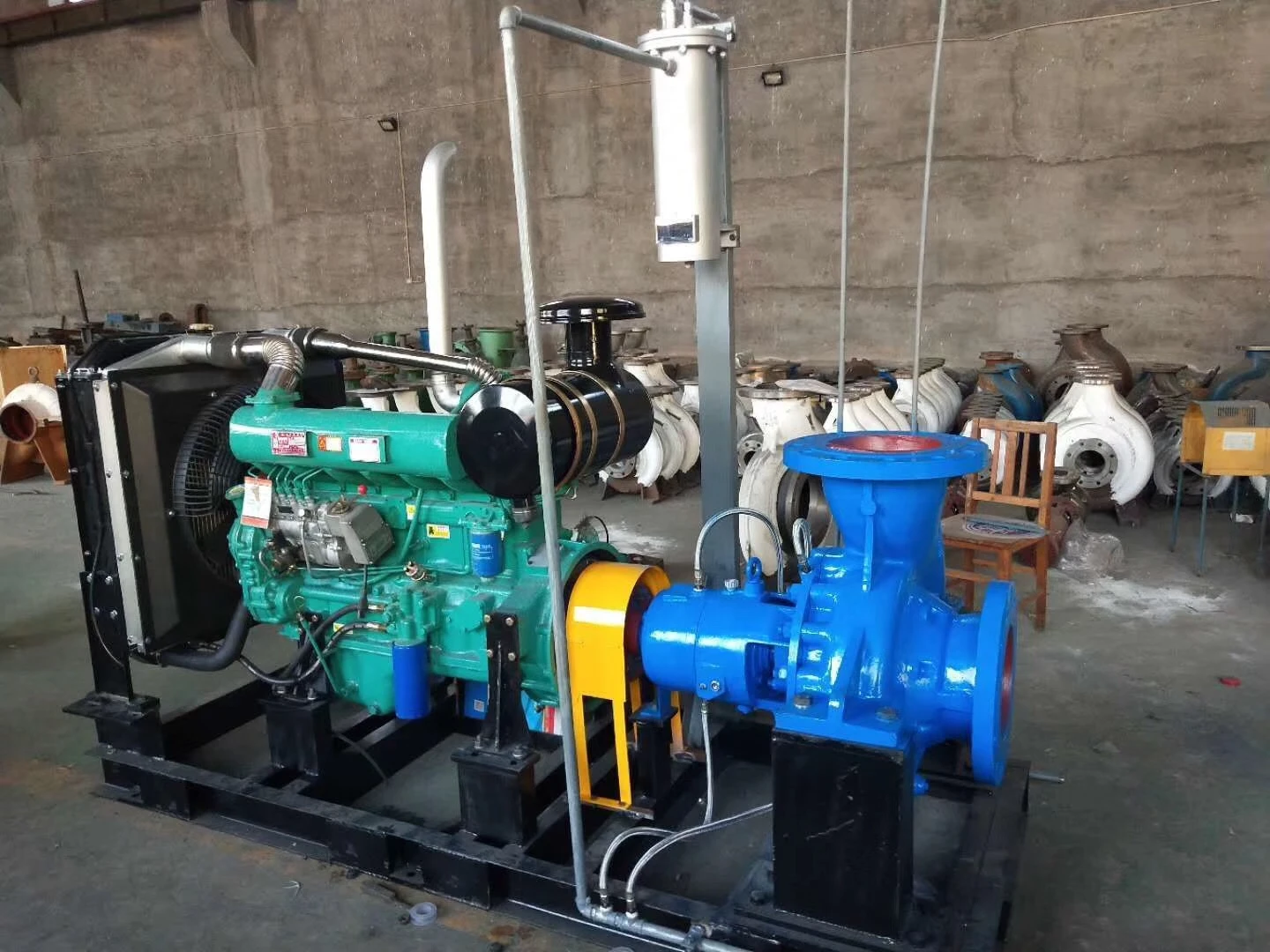Icelandic
- Afrikaans
- Albanian
- Amharic
- Arabic
- Armenian
- Azerbaijani
- Basque
- Belarusian
- Bengali
- Bosnian
- Bulgarian
- Catalan
- Cebuano
- Corsican
- Croatian
- Czech
- Danish
- Dutch
- English
- Esperanto
- Estonian
- Finnish
- French
- Frisian
- Galician
- Georgian
- German
- Greek
- Gujarati
- Haitian Creole
- hausa
- hawaiian
- Hebrew
- Hindi
- Miao
- Hungarian
- Icelandic
- igbo
- Indonesian
- irish
- Italian
- Japanese
- Javanese
- Kannada
- kazakh
- Khmer
- Rwandese
- Korean
- Kurdish
- Kyrgyz
- Lao
- Latin
- Latvian
- Lithuanian
- Luxembourgish
- Macedonian
- Malgashi
- Malay
- Malayalam
- Maltese
- Maori
- Marathi
- Mongolian
- Myanmar
- Nepali
- Norwegian
- Norwegian
- Occitan
- Pashto
- Persian
- Polish
- Portuguese
- Punjabi
- Romanian
- Russian
- Samoan
- Scottish Gaelic
- Serbian
- Sesotho
- Shona
- Sindhi
- Sinhala
- Slovak
- Slovenian
- Somali
- Spanish
- Sundanese
- Swahili
- Swedish
- Tagalog
- Tajik
- Tamil
- Tatar
- Telugu
- Thai
- Turkish
- Turkmen
- Ukrainian
- Urdu
- Uighur
- Uzbek
- Vietnamese
- Welsh
- Bantu
- Yiddish
- Yoruba
- Zulu
Telephone: +86 13120555503
Email: frank@cypump.com
des . 10, 2024 09:53 Back to list
wastewater treatment pumps
Wastewater Treatment Pumps Essential Components for Effective Wastewater Management
In modern society, the management of wastewater has become a critical issue due to the increasing population and industrial activities. Wastewater treatment plants (WWTPs) are key to ensuring the safe disposal and recycling of water. Central to the effectiveness of these facilities are wastewater treatment pumps, designed to transport and manage water effectively throughout the treatment process.
The Importance of Wastewater Treatment Pumps
Wastewater treatment pumps serve a fundamental role in the movement of water and sewage during the various stages of treatment. These pumps ensure that wastewater is efficiently transferred from point to point, which is vital for the entire treatment process. There are several types of pumps used in wastewater treatment, including centrifugal pumps, submersible pumps, and positive displacement pumps. Each type has unique benefits that make it suitable for specific applications within the treatment facility.
Centrifugal pumps, for instance, are widely used due to their high efficiency and ability to handle large volumes of water. They operate by converting rotational energy into hydrodynamic energy, which allows for the continuous flow of wastewater. Submersible pumps, on the other hand, are often used in situations where space is limited, as they are designed to operate underwater. These pumps are crucial for removing wastewater from deep pits or basements before it can be treated.
Applications of Wastewater Treatment Pumps
The applications of wastewater treatment pumps are numerous and diverse. They are utilized across various stages of the treatment process, including preliminary treatment, primary treatment, secondary treatment, and even the final discharge of treated water. In the preliminary stage, pumps help to move raw wastewater into the treatment facility, where screenings and grit removal occur.
wastewater treatment pumps

During the primary treatment phase, pumps are used to transfer settled sludge to digesters, where it undergoes further processing. The secondary treatment phase, which often involves biological processes, also relies on pumps to circulate activated sludge and ensure even distribution of microorganisms that play a crucial role in degradation.
Additionally, during the final discharge stage, pumps are responsible for transferring the treated effluent to water bodies or for reuse applications, making them integral to both environmental protection and resource recovery.
Challenges and Innovations
While wastewater treatment pumps are vital, they are also subject to challenges such as clogging, wear, and corrosion. Solid materials in wastewater can lead to operational inefficiencies, increased maintenance costs, and even unexpected downtime. As a result, wastewater treatment facilities are constantly innovating and upgrading their pumping systems.
New technologies such as smart pumps equipped with IoT (Internet of Things) sensors are being introduced. These innovative systems can monitor pump performance in real-time, predicting maintenance needs and reducing operational costs. As environmental regulations become stricter, the demand for energy-efficient and environmentally friendly pumping solutions continues to grow.
Conclusion
In conclusion, wastewater treatment pumps are an indispensable part of modern wastewater management systems. They not only facilitate the transportation of wastewater but also contribute to the overall efficacy of treatment processes. As technology advances and the need for sustainable practices increases, the future of wastewater treatment pumps looks promising. Innovations in pump design and operation will undoubtedly enhance their performance, ensuring that our wastewater treatment facilities can meet the demands of a growing population while protecting our environment. Understanding and investing in these essential pumps is crucial for achieving effective and sustainable wastewater management.
-
ISG Series Vertical Pipeline Pump - Chi Yuan Pumps Co., LTD.|High Efficiency, Low Noise, Durable
NewsAug.02,2025
-
ISG Series Vertical Pipeline Pump - Chi Yuan Pumps | High Efficiency, Low Noise
NewsAug.02,2025
-
ISG Series Vertical Pipeline Pump- Chi Yuan Pumps Co., LTD.|High Efficiency&Compact Design
NewsAug.02,2025
-
Heavy-Duty Mining Sludge Pumps - Wear-Resistant Slurry Handling
NewsAug.02,2025
-
Horizontal Split Case Pump with GPT-4 Turbo | High Efficiency
NewsAug.01,2025
-
ISG Series Pipeline Pump - Chi Yuan Pumps | High Efficiency, Durable Design
NewsAug.01,2025










